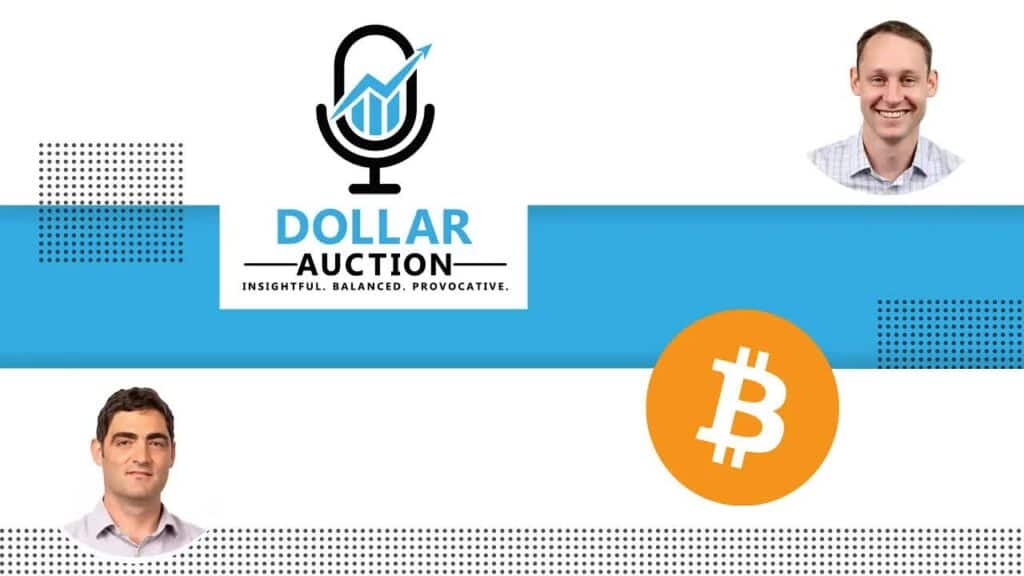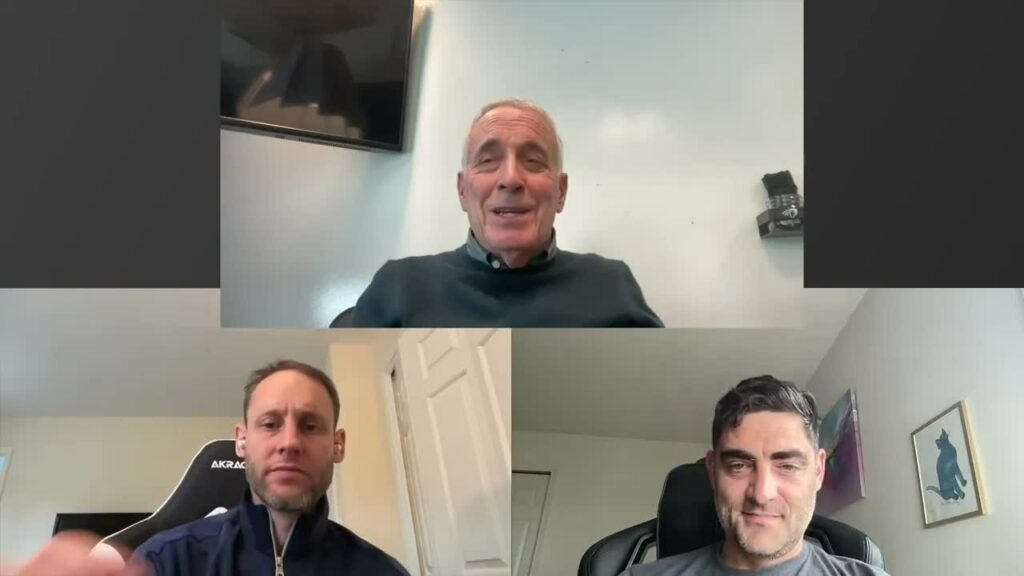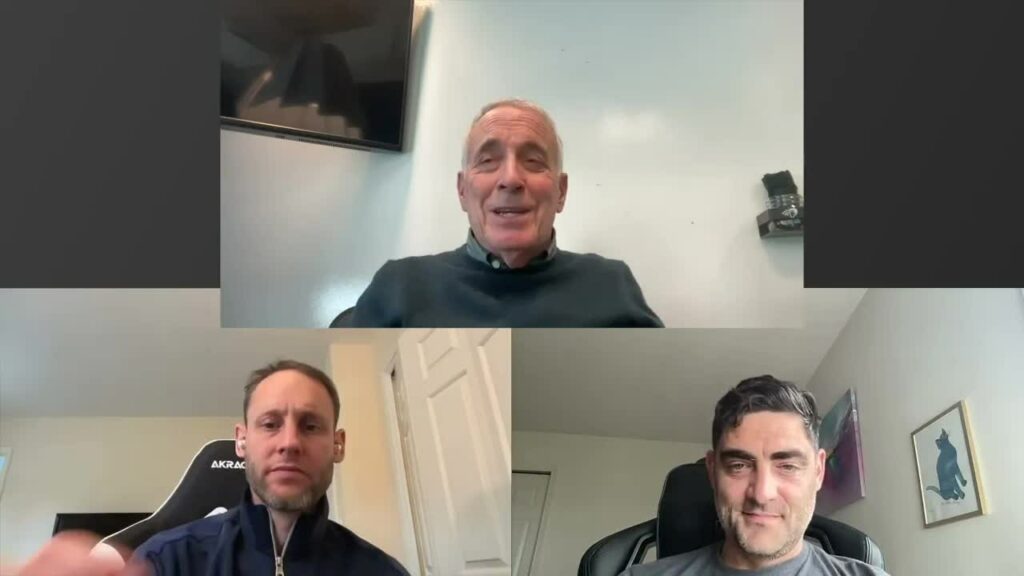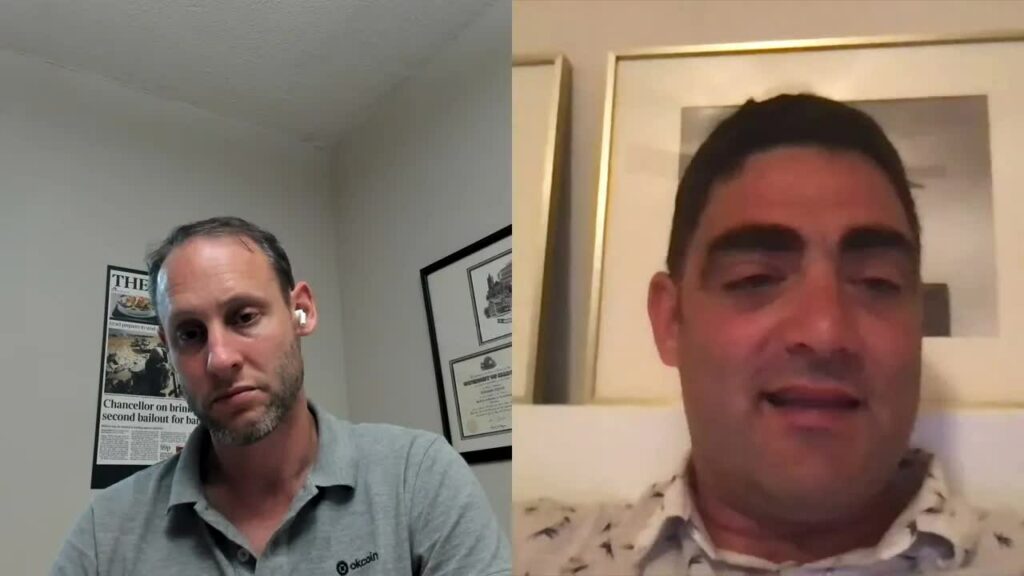Originally aired on Apr 5, 2023
Today on Passover Alex discusses how Bitcoin is like Passover…. Wait what?!?!?!?
Both involve a story of liberation: Passover celebrates the liberation of the Jewish people from slavery in Egypt, while Bitcoin represents a potential liberation of people from traditional financial systems that are controlled by governments and banks.
Both have a strong sense of tradition: Passover is celebrated each year with the same rituals and traditions, while Bitcoin has a strong community of supporters who are committed to the idea of a decentralized currency.
Then Alex talks about the current Energy fight and what The Chamber of Digital Commerce, Blockchain Association, Satoshi Action and the Texas Blockchain Council are doing to help us fight the good fight! Specifically:
1. Encouraging investment in renewable energy infrastructure: Bitcoin mining is a process that requires a significant amount of energy, and as the demand for Bitcoin increases, so does the demand for energy to power the mining process. If this energy can be sourced from renewable sources such as solar, wind, or hydro power, it could incentivize the development and expansion of renewable energy infrastructure.
2. Providing a new revenue stream for renewable energy producers: Bitcoin mining can be a lucrative business, and renewable energy producers could potentially use excess energy from their facilities to mine Bitcoin and generate additional revenue.
3. Reducing carbon emissions: Bitcoin mining currently consumes a significant amount of energy, much of which comes from non-renewable sources such as coal. However, if more Bitcoin mining were to be powered by renewable energy sources, it could potentially reduce carbon emissions associated with the mining process.
4. Creating new investment opportunities: As the demand for Bitcoin grows, there may be an opportunity for investors to invest in renewable energy projects that are specifically designed to power Bitcoin mining operations.







